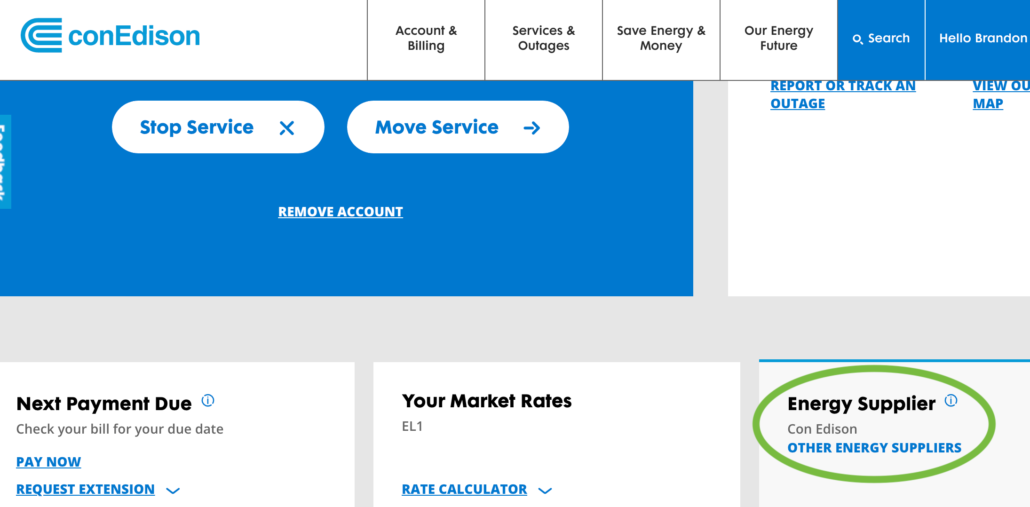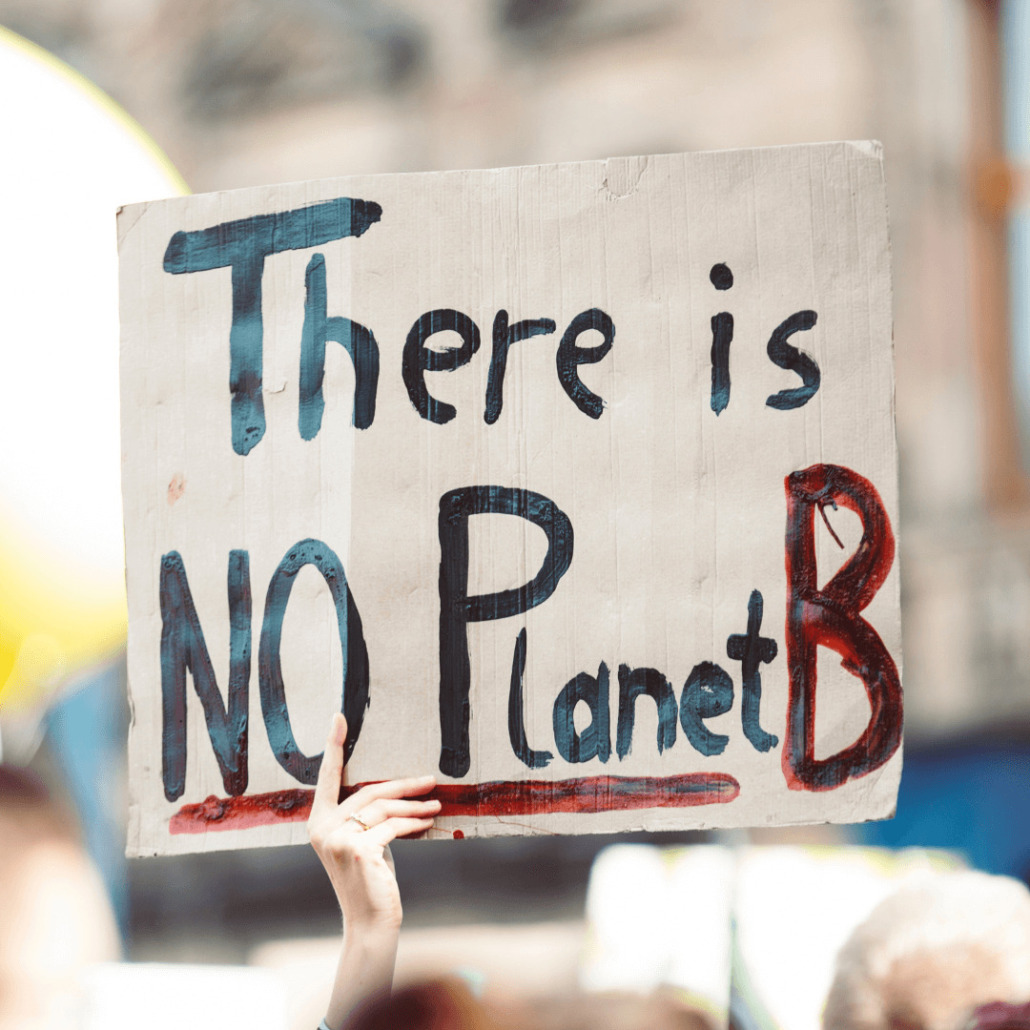The most recent report from the Intergovernmental Panel on Climate Change (IPCC) was a “code red” warning for humanity. Scientists say that planetary warming is speeding up and will bring about more frequent and intense destruction of ecosystems. Earth has warmed by one degree Celsius, and keeping the warming below 1.5 degrees Celsius will require us to bring global greenhouse gas emissions to zero by 2030.
Given the state of things, anything you do alone can feel ineffective in turning the tide. The good news is that you can use your personal finances to fight climate change in some powerful ways—beyond changing out lightbulbs for LEDs and throwing food scraps in the compost.
Bank Sustainably
Banks have enormous environmental impact. “Banking on Climate Chaos,” a report from the Rainforest Action Network, details how the biggest banks invest in the fossil fuel industry. The most shocking takeaway being that, “the world’s 60 biggest banks have financed fossil fuels to the tune of $3.8 trillion,” since the Paris Agreement. Fortunately, there are banks that will use your checking and savings account money to fund projects like renewable energy and responsible agriculture. Amalgamated Bank (I have money saved here!), Aspiration, Climate First Bank, and Ando are examples of these types of banks. Putting even a small portion of your money into a sustainable bank is impactful because it helps them grow.
Invest Consciously
As an investor, you can be more socially responsible, sometimes even with your employer’s retirement plan. We wrote about how the idea behind socially responsible investing is to rule out the “bad” companies from your investment portfolio (in this case, fossil fuels) and invest your money only with companies that are making the world a better place (or at least not actively wrecking it). As You Sow and Green America are organizations dedicated to helping investors navigate and evaluate the many socially responsible investment products that exist. At Thinking Big, diversification is the key to ensuring our clients’ ESG investment portfolios compete with the broader market. We use ESG-screened ETFs (exchange-traded funds) when building client portfolios.
Switch Your Energy Supplier to Renewable Energy
Did you know you can choose where you get your electricity supplied from, and that it can come from renewable sources? Arcadia Energy is a company that makes this process easy: they’ll make sure that the electricity you purchase through your existing utility comes from renewables, like local solar farms. You may also switch directly through your utility provider. That’s what I did with my utility, ConEdison, here in New York City. They have a button on the website that allows you to choose your supplier. From there, I chose a local company called ABest that will supply my electricity from renewable sources. It took all of five minutes, and nothing changed with my utility experience except that now I know my electricity is coming from renewables. This sends an important signal to the energy marketplace that consumers want clean energy. Now I feel like my utility bill has a conscious intention behind it.

Eat Less Meat
Another simple, yet powerful way of fighting climate change with your money is eating less meat. In a May 2021 article, the Washington Post reported that “23 percent of total global warming is due to the livestock sector, citing operations that use energy and fertilizer, cause deforestation, and release methane.” By cutting back on meat consumption, we can help curb greenhouse gas emissions.
But what does eating less meat have to do with your finances, you might ask? I would call an approach like this “conscious spending.” Every time you go to buy food, you decide which companies you support with your dollars and, thus help shape the food industry. In this way, money is a powerful weapon in the fight for climate change. Reducing meat consumption can also come with the benefit of a reduced grocery bill. I saw my cost of groceries decrease when I switched to a plant-based diet a few years ago. You can also choose to support local farmers and buy your meat directly from the source.
Support Charities Focused on Combating Climate Change
Of course, donating money is a direct way of fighting climate change with your finances. One of my favorite charities isn’t an “environmental” charity at all, but one that invests in girls’ education: The Malala Fund. According to Project Drawdown, two of the top ten most powerful solutions for reversing climate change include educating women and girls and ensuring their access to family planning. Empowering women and girls is key to a better future for all of us–socially, economically and environmentally. Another notable nonprofit organization is the Rainforest Trust. They received Charity Navigator’s highest rating of four stars, which means donating money to them will have the highest impact possible. Their mission is to save the world’s most vulnerable tropical rainforests, and they say it’s the simplest and most cost-effective way to fight climate change.
The same IPCC experts that issued a “code red” warning for us all say that there’s still a chance to limit the impacts of climate change. If we reduce emissions quickly, we could stabilize the global temperature and correct issues of air quality over the next few decades. The time to act is right now. At an individual level, we all have different capacities to affect change. If we all put our finances to work, we can fight climate change and build a better future.
Interested in receiving this content in our monthly newsletter? Sign up here!

Brandon Tacconelli is the Director of Client Care at Thinking Big Financial, Inc. Thinking Big is a fee-only financial planning firm in New York City specializing in working with the LGBTQ+ Community.

